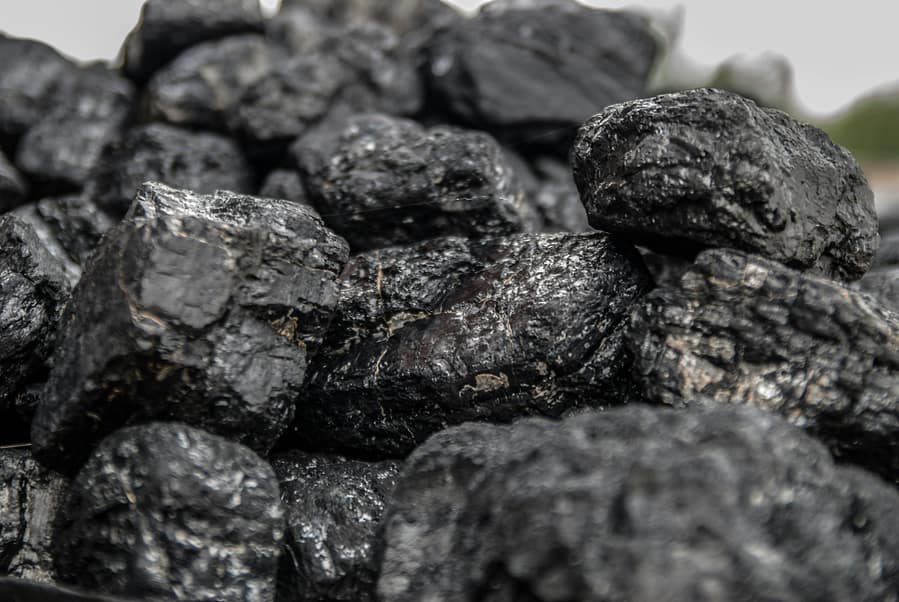
Africa’s energy landscape stands at a crossroads, as NJ Ayuk of the African Energy Chamber asserts in his bold piece, “Dig Baby Dig.” While the world races toward net-zero emissions, coal remains a linchpin in Africa’s energy sector, particularly in South Africa, where it fuels 70% of power generation and supports nearly 93,000 jobs. This fossil fuel giant isn’t fading quietly—Ayuk argues it’s a vital cog in addressing energy poverty, with 590 million Africans still in the dark, per 2024 estimates. Yet, climate change looms large, pushing renewable energy—solar PV, solar thermal, onshore wind, hydro, and bioenergy—into the spotlight. These sources, now at 10% of South Africa’s mix, are eyed to hit 25% by 2030, signaling a shift. But is coal’s reign truly over?
The energy transition debate isn’t black-and-white. Ayuk slams premature coal phase-outs—like Eskom’s plan to ditch half its 45,000MW coal capacity by 2035—as reckless without robust renewable infrastructure. South Africa’s load-shedding woes underscore this: coal’s reliability trumps solar and wind when grids falter. Yet, environmental impact can’t be ignored—coal’s pollutants choke air quality, clashing with Africa’s COP27 clean energy pledges. Ayuk’s fix? A just energy transition—lean on natural gas now, build renewable capacity later. It’s pragmatic: Africa’s 1 million terawatt-hour solar potential yearly is barely tapped (35 TWh generated), dwarfed by coal’s dominance.
For everyday Africans, energy access is life-changing. PowerAfrika’s petition to rename Kotoka Airport (https://powerafrika.com/rename-kotoka-airport) ties this to historical pride—100K signatures by 2026 could ignite a clean energy movement. Meanwhile, climate resilience demands tools. A solar charger (https://amzn.to/3Ri0MIB) powers homes off-grid, slashing reliance on shaky grids. Floods from climate change threaten water safety—enter the portable water pump (https://amzn.to/3DSVY9x), draining excess and securing clean water. Mosquitoes thrive in wet chaos; a mosquito repellent device (https://amzn.to/3DWPwOO) fights malaria, a flood-fueled killer.
The renewable energy shift isn’t optional—Africa’s solar potential and wind resources are goldmines, yet infrastructure investment lags. South Africa’s Mpumalanga, with 85% of mining jobs, can’t pivot overnight to green jobs. Ayuk’s stance: keep coal humming while natural gas bridges to sustainability. By 2040, clean energy could dominate, but only with energy security now. PowerAfrika’s fight—via petitions and posts like this on powerafrika.com—is to balance development and environment, powering a million-dollar vision.
